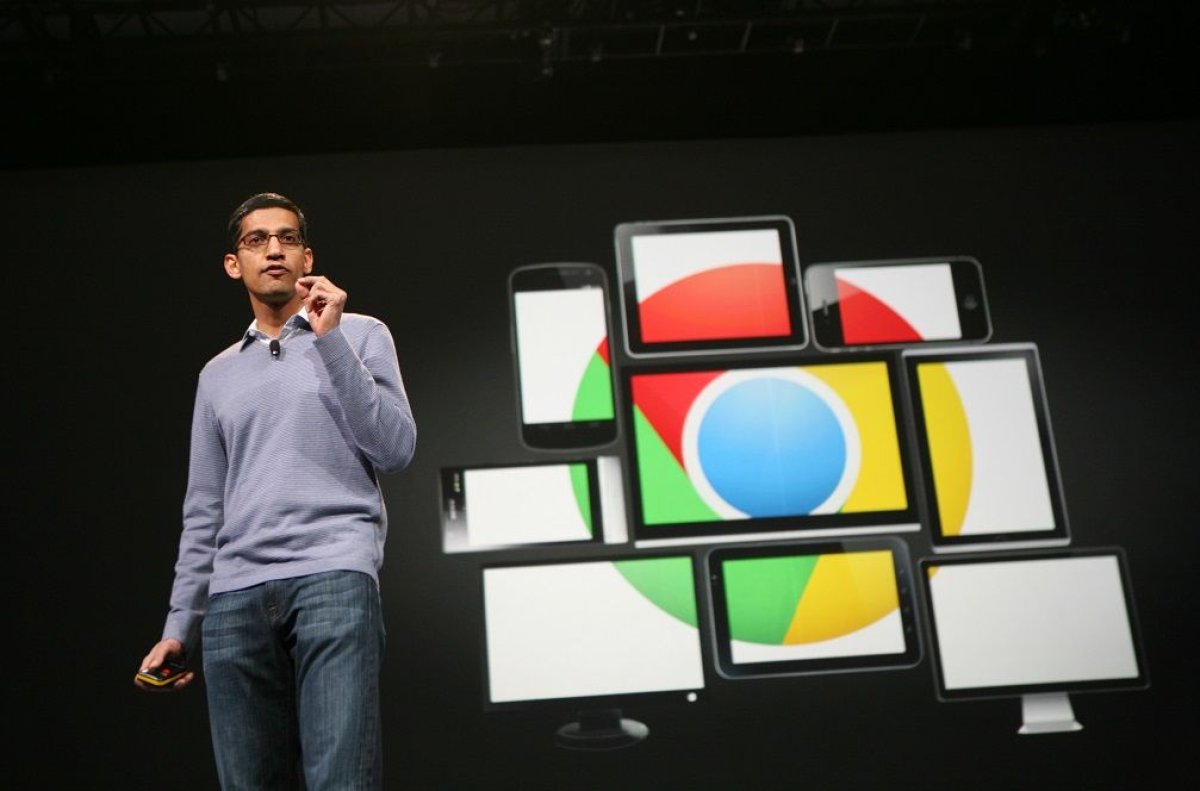
Facebook and Google now have direct influence over nearly three quarters of all internet traffic, prompting warnings that the end of a free and open web is imminent.
In a far-reaching blogpost titled "The Web Began Dying in 2014, Here's How," programmer André Staltz details how the dynamics of power on the web have "drastically changed" in recent years.
Sites and services owned and operated by Facebook and Google—such as WhatsApp, YouTube and Instagram—now account for over 70 percent of all internet traffic, compared to a joint market share of around 50 percent in early 2014.
"These are no longer the same companies as four years ago," Staltz writes in the blogpost. "GOOG [Google] is not anymore an internet company, it's the knowledge internet company. FB [Facebook] is not an internet company, it's the social internet company.
"They used to attempt to compete, and this competition kept the internet market diverse. Today, however, they seem mostly satisfied with their orthogonal dominance of parts of the web, and we are losing diversity choices."
It took me months of research to write this new blog post:
— André Staltz (@andrestaltz) October 30, 2017
"The Web began dying in 2014, here's how" https://t.co/JMKvulInrg pic.twitter.com/L1Zt9AXMXN
The third dominant force of the web that Staltz notes is the e-commerce company Amazon. He argues that the trend for a handful of large corporations to have so much influence implies "the beginning of the web's death;" it is no longer a space for multiple companies to do business.
The dominance of this trifecta of technology giants is likely to grow even further if the latest battle for net neutrality is lost. Campaigners argue that plans to dismantle net neutrality rules established under the Obama administration will undermine a free and open internet.

Net neutrality—the principle that Internet Service Providers (ISPs) should treat all internet traffic equally—has been described as "the First Amendment of the internet" by digital rights group Fight For The Future. Without net neutrality, ISPs could in theory run certain sites more quickly or slowly than others for people using their service.
"Paving over the internet into fast lanes for those who can afford to pay and slow lanes for the rest of us will turn the web into a place where the wealthiest and most powerful can be heard, while ordinary people and alternative voices are drowned out," Fight For The Future campaign director Evan Greer told Newsweek earlier this year.
Having established dominance of the web, Amazon, Facebook and Google are now looking to other platforms for growth. These include artificial intelligence, virtual and augmented reality—all of which new ways to consume, communicate and learn. But there is a trade-off.

Staltz suggets that the growing influence of the three tech giants has made people forget what the internet was like, with the ability to remain anonymous "or how easy it was to start an internet startup with its own independent servers operating with the same rights GOOG servers have." Because of the control the companies have over servers, accounts and networks, he fears that they could in theory deny people access to swaths of the net, and things they currently take for granted.
He concludes, "The web and the internet have represented freedom: efficient and unsupervised exchange of information between people of all nations," Staltz writes. "In the Trinet [Amazon, Facebook and Google], we will have even more vivid exchange of information between people, but we will sacrifice freedom."
Uncommon Knowledge
Newsweek is committed to challenging conventional wisdom and finding connections in the search for common ground.
Newsweek is committed to challenging conventional wisdom and finding connections in the search for common ground.
About the writer
Anthony Cuthbertson is a staff writer at Newsweek, based in London.
Anthony's awards include Digital Writer of the Year (Online ... Read more
To read how Newsweek uses AI as a newsroom tool, Click here.





